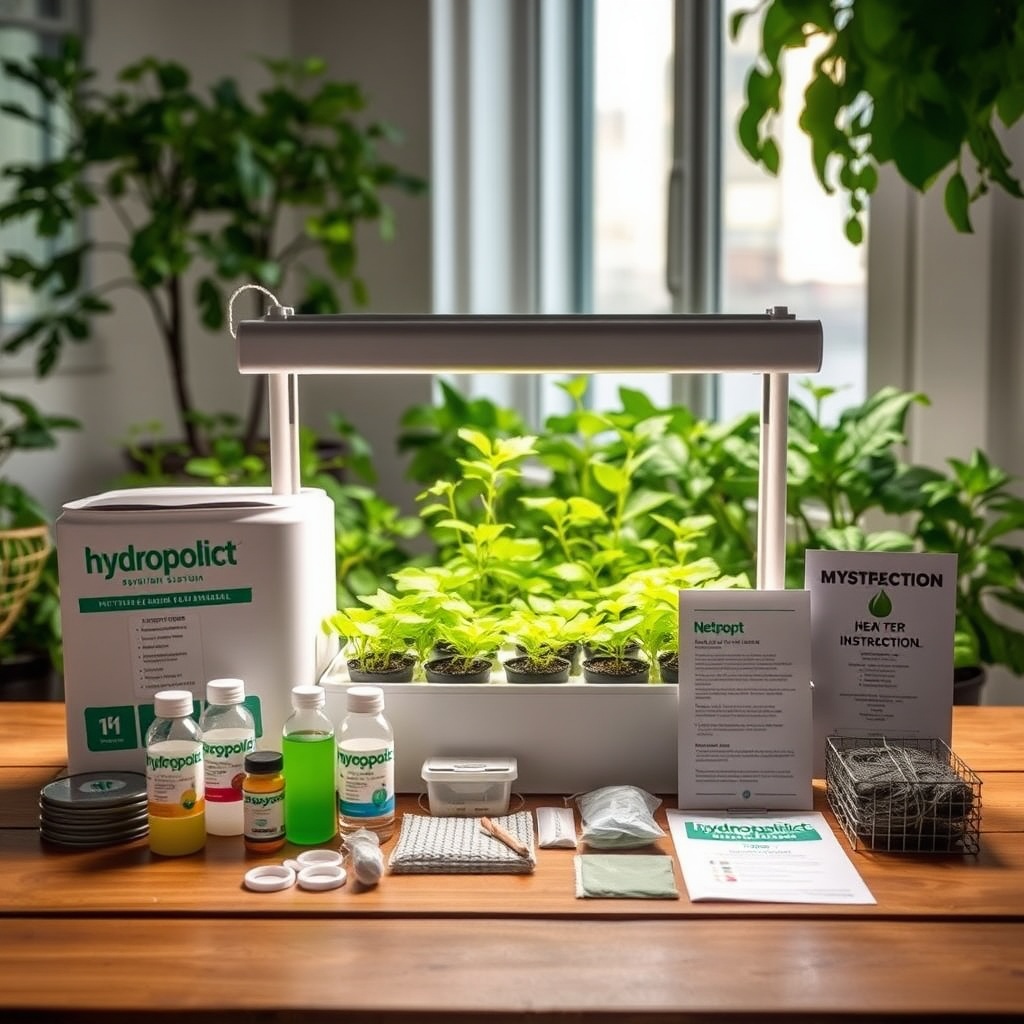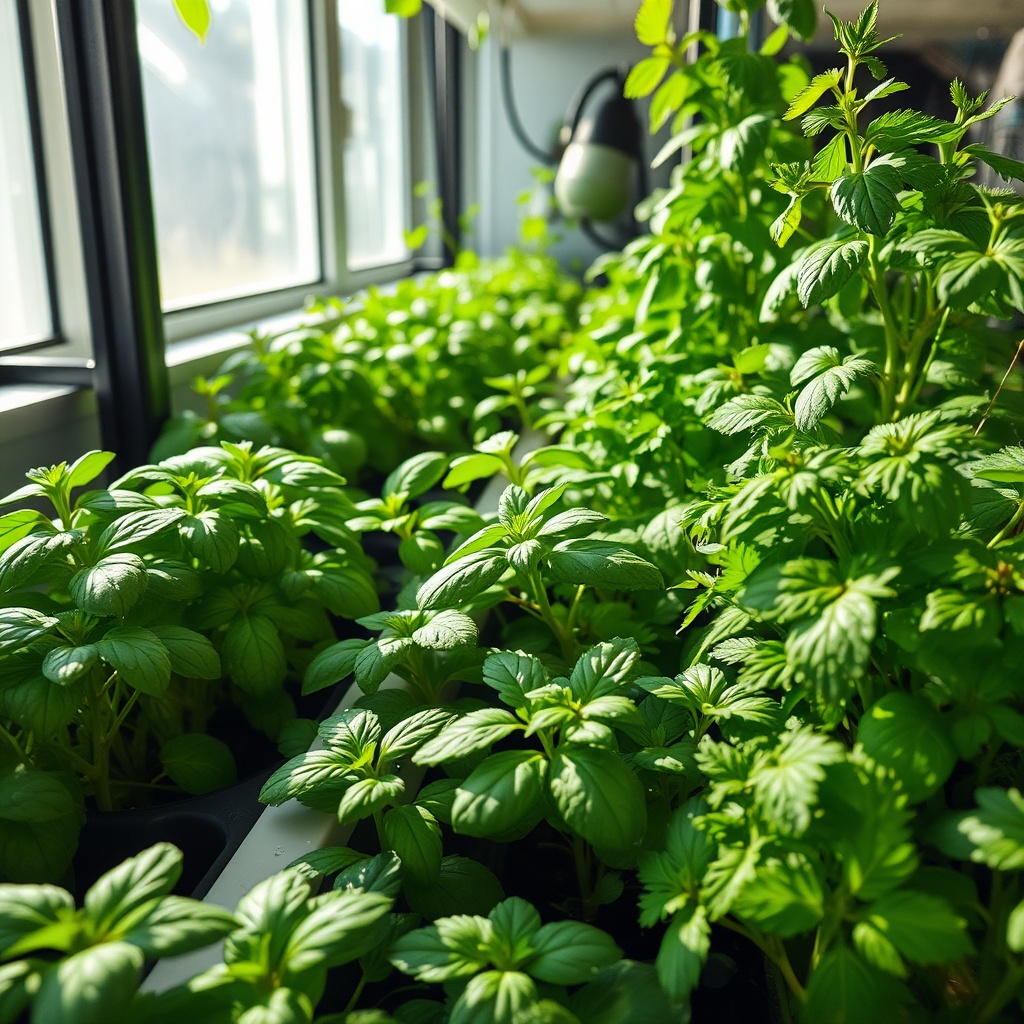In recent years, the rise of hydroponic farming has emerged as a beacon of hope for communities trapped in food deserts—areas with limited access to affordable and nutritious food. By utilizing innovative growing techniques that do not rely on soil, hydroponic systems offer an efficient and sustainable way to cultivate fresh vegetables and fruits, even in the most challenging environments. This transformative approach is not just a farming method; it’s a lifeline for those seeking healthier dietary options.
What is Hydroponic Farming?
Hydroponic farming is a method of growing plants in a water-based, nutrient-rich solution. Unlike traditional agriculture, hydroponics eliminates the need for soil, which can be a game-changer in urban areas where space and resources are limited. This farming technique allows for year-round cultivation, greater yields, and a reduction in water usage—an essential factor in food deserts where water resources may be scarce.
The Benefits of Hydroponics in Food Deserts
Implementing hydroponic systems in food deserts comes with a myriad of benefits that extend beyond just food production. These systems not only provide access to fresh produce but also create job opportunities and encourage local entrepreneurship. Here are some notable advantages:
- Accessibility: Hydroponic farms can be established in urban settings, making fresh food more accessible to communities that typically have limited options.
- Sustainability: These systems use less water than traditional farming methods, making them a more sustainable choice in areas facing water scarcity.
- Nutritional Improvement: With access to fresh fruits and vegetables, communities can improve their overall health and reduce diet-related diseases.
- Education and Awareness: Hydroponic farms can serve as educational hubs, teaching community members about nutrition, sustainability, and agricultural practices.
Success Stories Across the Nation
Across the United States, several initiatives have successfully implemented hydroponic farming in food deserts, demonstrating its potential for widespread adoption. For instance, organizations like Growing Power in Milwaukee and Urban Harvest in Houston have created thriving hydroponic systems that not only provide food but also engage and empower their communities. These success stories highlight the transformative power of hydroponics and the potential it holds for the future of food security.




